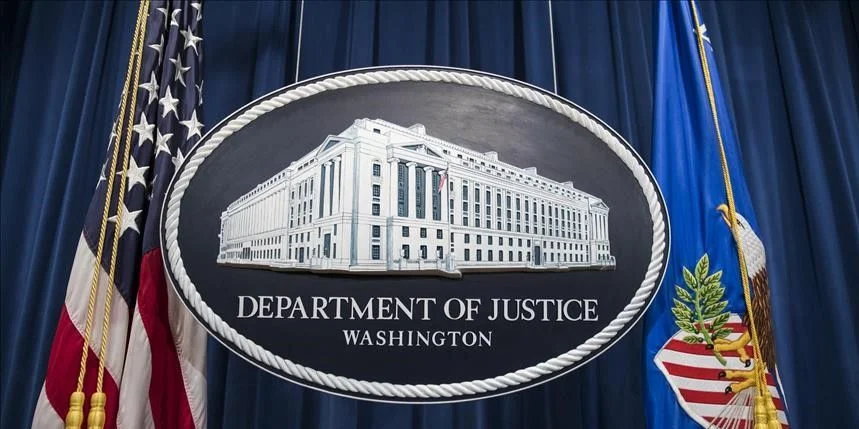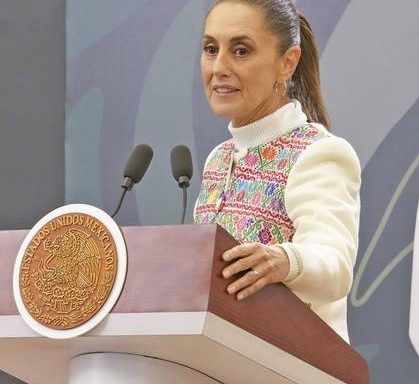MIAMI, United States. – The United States Department of Justice issued a statement this week Notice of Proposed Rulemaking (NPRM) to implement President Joe Biden’s executive order aimed at preventing countries of concern, including Cuba, Russia, Iran, North Korea, Venezuela and China, from accessing sensitive personal data of Americans.
According to the Department, the Cuban Government represents a “significant risk” to the national security of the United States due to its intelligence operations against the country and its citizens.
The order is intended to address the threat posed by the continued efforts of certain countries to obtain and exploit sensitive personal data of Americans and data related to the US government. In this context, the Department of Justice has identified Cuba as a country that has demonstrated a long-term pattern of conduct adverse to the national security of the United States.
“Cuba has conducted intelligence operations against the United States, commits human rights abuses, and sponsors terrorism,” the Department said.
The report points out that, due to the actions of the Island’s regime, the United States has maintained economic sanctions against Havana since the 1960s, including those imposed under the Trading with the Enemy Act of 1917. “Cuba represents a significant risk of exploiting sensitive data of Americans to the detriment of the national security of the United States,” underlines the report, which also highlights that the Cuban intelligence services have tried, for decades, to obtain information about the US Government and recruit citizens to act in favor of US interests. from Cuba.
The Justice Department detailed several cases in which Cuba has carried out espionage activities against the United States. In 2024, Victor Manuel Rochaa former State Department official who also served as ambassador to Bolivia, was sentenced to 15 years in prison after admitting to acting as an undercover agent for Cuba for decades.
In another example, in 2010, a State Department official and his wife were convicted of participating in a “nearly 30-year conspiracy” to provide classified U.S. national defense information to the Cuban regime.
The report also recalls that in 2022, Team Telecom recommended that the Federal Communications Commission (FCC) deny a license for an undersea cable that would directly connect the United States to Cuba, due to concerns about the Cuban government’s ability to access data. and communications from US citizens who would transit the cable. Team Telecom concluded that, due to Cuba’s control over telecommunications, the installation of the cable posed an espionage risk and an additional threat to the national security of the United States.
In addition, the report highlighted concern about the close relations between Cuba and other countries considered threats to the security of the United States, such as China and Russia. According to the Department of Justice, “Cuba could share any information obtained about US citizens with China or Russia.” In 2018, the Cuban government was reported to have sold intercepted U.S. communications data to third parties, particularly military adversaries such as China.
The proposed regulations issued by the Department of Justice are part of a broader effort to protect national security and limit access by governments considered adversaries. “Countries of concern, such as Cuba, can use access to this data to conduct malicious cyber and foreign influence activities, strengthen their military capabilities, and collect information on activists, academics, journalists, dissidents, and members of non-governmental organizations to intimidate and repress freedoms,” the report warns.
The NPRM also establishes restrictions and prohibitions on data transactions that pose a risk to the national security of the United States. The public, including cybersecurity and personal data experts, has been asked to provide comments on these regulations within the next 30 days.
















